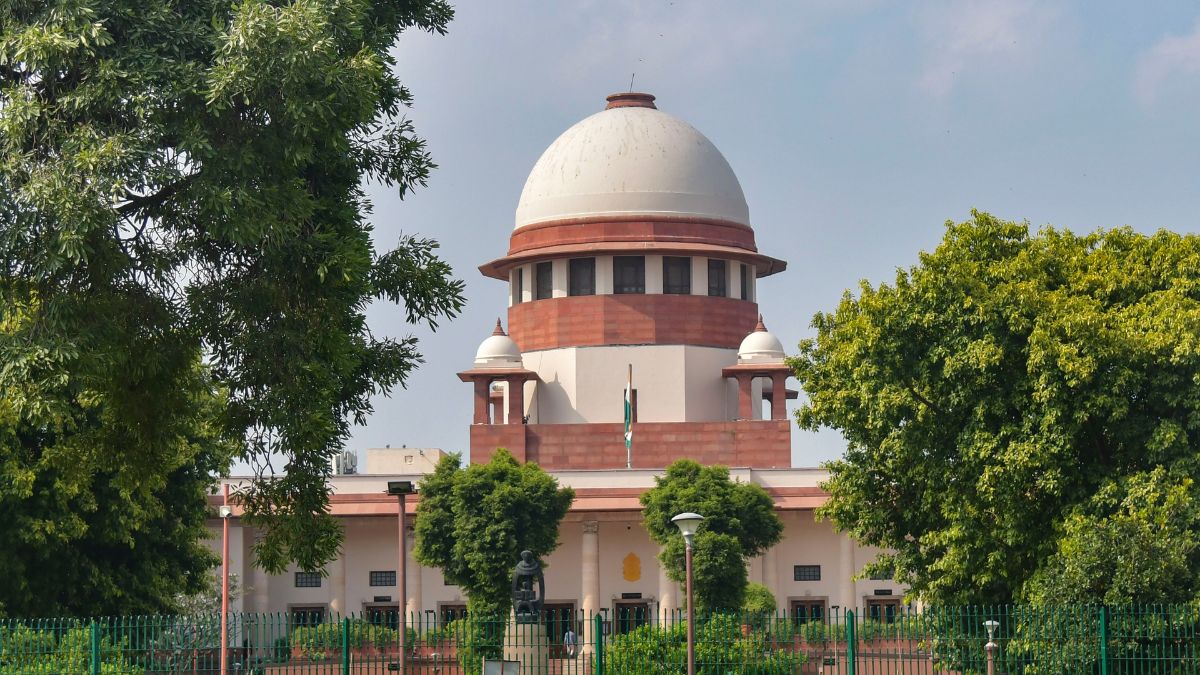A bench headed by the CJI DY Chandrachud in the Supreme Court on Monday while hearing the PIL seeking directions to the Union, States and UTs to frame policies for menstrual leave holidays for women in the workforce, said that sometimes efforts to protect women can act to their disadvantage.
The top court today disposed of the PIL seeking menstrual leave policy and directed the Ministry of Women to hold stakeholder meetings to consider framing a policy on the same.
SC Refuses To Interfere With 'Policy Matter', Asks Centre To Consult Stakeholders On Menstrual Leave
The CJI said that there are two views on the topic of menstrual leave policy, as on one hand it may encourage more women to be part of the workforce and on the other hand mandating such leaves may lead to women being shunned from the workforce.
"What we try to do to protect women can act to their disadvantage. This is actually a government policy aspect and not for the courts to look into..." the court said.
The top court said that the Secretary of Ministry of Women and Child Development shall consult stakeholders on what model policy should be framed in the context.
The PIL invoked top court's jurisdiction under Article 32 and sought directions to Centre, States and UTs to implement policies for grant of menstrual leave to women under Maternity Act.
The PIL plea sought implementation of policies to grant menstrual leaves under the Maternity Benefit Act.


